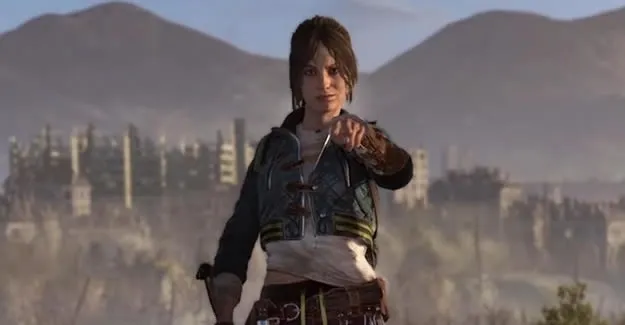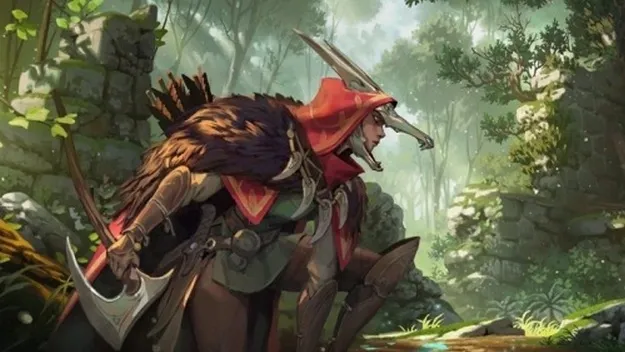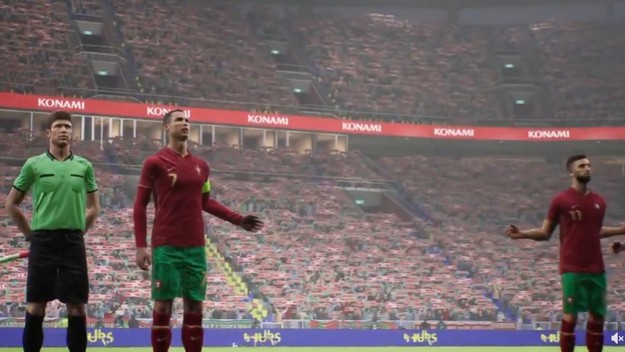Curse of the Dead Gods Review | Gaming Tweaks
- Platform: PlayStation 4, Nintendo Switch, PC, Xbox One
- Release date: March 3, 2020
- Publisher: Roguelike, Fighting game, Shooter Video Game, Adventure
- Genre: Action RPG
Title Hades, the closest comparison is to the new game Curse of the Dead Gods. These two games share the basics of the genre to which they belong, as well as the perspective on the action. However, all other comparisons stop there as both titles have a rather different philosophy of struggle, progress, and other elements.
The Curse of the Dead Gods doesn’t bother with any action but puts us directly into Mayan temples to try to get to the end or repeat the process when we die. That doesn’t mean the game is automatically worse than Hades. Its mechanics compete quite well with it in the field of entertainment. When life is lost, the dead gods are drawn to another attempt that could be successful, especially if even a little luck falls on our unnamed hero.
The basis of Cure of the Dead Gods is an action-adventure with an isometric view and a fight in which endurance plays a big role. Visually, the game is reminiscent of Darkest Dungeon in its style. As in any game of this genre, the beginning is especially challenging until you learn what the opponent is doing and what element of the game is working.
Failure means repeating from the beginning with how the improvements that accompany us in each subsequent attempt to visit the temples can be unlocked. However, to make our lives a little easier, there is a tutorial whose task is to teach us the basics of struggle, and after that, we are left to ourselves.
What makes the game stand out among the competition are the gameplay mechanics that are fantastically connected. The game has an extra layer of strategy that is especially visible when all the temples are unlocked.
The structure of progression is divided into three different temples, each of which has three levels, and the fourth temple is a combination of all the former.A victory against the first three bosses unlocks the next three bosses, who again unlock the next three bosses whose elimination opens the way to the main boss.
This principle of advancement is good for two reasons. The first is that the game slowly introduces us to the environment and mechanics. The second is that the initial levels are also the shortest to cross, so there is no fatigue if you die too much. When going towards the boss in the fourth level, it can take up to 40 minutes before life is lost in that fight.
Fun primarily stems from a struggle based on stamina, which is of course limited. Almost every important action results in its consumption. One of the most common actions is to avoid enemy attacks, which consumes stamina.
Severe attacks consume stamina. The final strokes also consume stamina. Now it turns out that stamina just leaks, but it can also come back by killing opponents, perfect avoidance, and even successful parrying. A fight requires patience and waiting for the right moment to kill opponents.
Curse of the Dead Gods has different types of weapons like swords, daggers, hammers, bows and arrows, pistols, whips, and other devices to inflict damage on opponents. What matters is their classification.Weapons are used with one hand or two hands. For example, a combination of a sword and shield or sledgehammer and a pistol can be used, and a bow and arrow can be carried in the other hand.
The bow and arrow are light weapons so they cannot interrupt the opponent's attacks, the hammer on the other hand can do that. Only, by using a hammer every blow consumes stamina.
The game already provides more access to the fight, so you need to find the one that suits you. Yet, as is the case in this genre, it does not mean that each time a combination of weapons will be obtained that suits but sometimes one has to play with what falls before us.
It’s just a shame that upgrading weapons don’t have much of a purpose because it only increases their damage, not the additional statuses that may be on them.Then it is better to spend money on raising one of the three statistics that increase health, damage to opponents, or the chance to pick up more money.
Another interesting mechanic besides fighting is collecting curses. After each completed room, our hero receives a certain number of "curse" points which, when collected up to a certain amount, bring one curse.Curses usually mean something negative, which in most cases is true, so it can be "picked up" so that our torch no longer sheds light, traps are activated immediately, stamina is reduced by one point, and so on.
With a little luck, there are also some useful curses such as the possibility that opponents don’t leave money but health after elimination or change rooms on the map that end up turning out better than they are.
As curses can be obtained, so can they be removed, which happens after successful boss battles. Some items can remove the curse, but they are not very common. What is even more interesting about this element is that blood serves as a currency when you run out of money for weapons, and that then again turns into “curses” points.Will you risk a random curse to buy a weapon that is better than the one in your hands is a choice that is not made the same second but needs to be weighed. Unless you live on the edge so let it go as it goes.
The strategic element of the game refers to the choice of path, ie the room according to the bosses. Each level has three possible paths, so it is necessary to see which rooms are on the way and choose the one we think will help us the most in the successful completion of the adventure.
Each room carries some sort of reward upon completion so there are rooms with more gold coins, rooms where weapons can be bought or upgraded, rooms where statistics are bought, or relics that further empower our hero.
There are also special rooms where you can be treated, which is again paid for with blood and a possible curse, or a room with a special challenge whose reward is even more gold coins. In translation, there is no perfect trajectory but looking at the rewards that could have the most impact in the current situation.
In addition to gold and blood, the other two currencies are crystal skulls and green rings. While skulls can also be picked up from ordinary opponents, rings are only won by defeating bosses, and both currencies serve to unlock constant improvements.
Thus, the skulls, in addition to unlocking various blessings, of which there are more than enough, but only three can be worn, also serve to unlock a larger selection of beginner weapons with how they can be chosen. On the other hand, the rings just serve to unlock better weapons that can be picked up during an adventure around the temple.
Of course, none of this is very cheap so it takes more attempts to unlock everything. Given the challenge of the game, repetition is something that is a completely normal thing in titles like this. To speed up this process a bit, there are also special events that usually contain additional weight modifiers, and when one dies in those passes, one has to wait one day to open a new one.
For example, given that a maximum of only three events can be had, if all three fail in one day, the third must be waited for three days to unlock again. This sounds like the mechanics of mobile games.
The biggest drawback of the game is that all the mechanics are quickly discovered, so there is no lack of surprise, and with that comes a feeling of satiety. This is a title with a top fight, great bosses, interesting opponents, technical stability, and perhaps most importantly, interesting mechanics whose combination provides challenging but fun gameplay.
Someone won't mind, but someone who likes surprises can get acquainted with everything relatively quickly and lose some interest in playing. Yet when this is followed by somewhat silly challenges like “defeating the boss 10 times without receiving damage” just to unlock his additional description, it’s not something that can be called particularly fun.
It can be said that this is a title that once completed and provides no more reason to go back to the temples, but it will take many hours to complete it because the game provides that feeling of having to try again.In any case, Curse of the Dead Gods is a roguelite that will easily entertain fans of the genre.


















